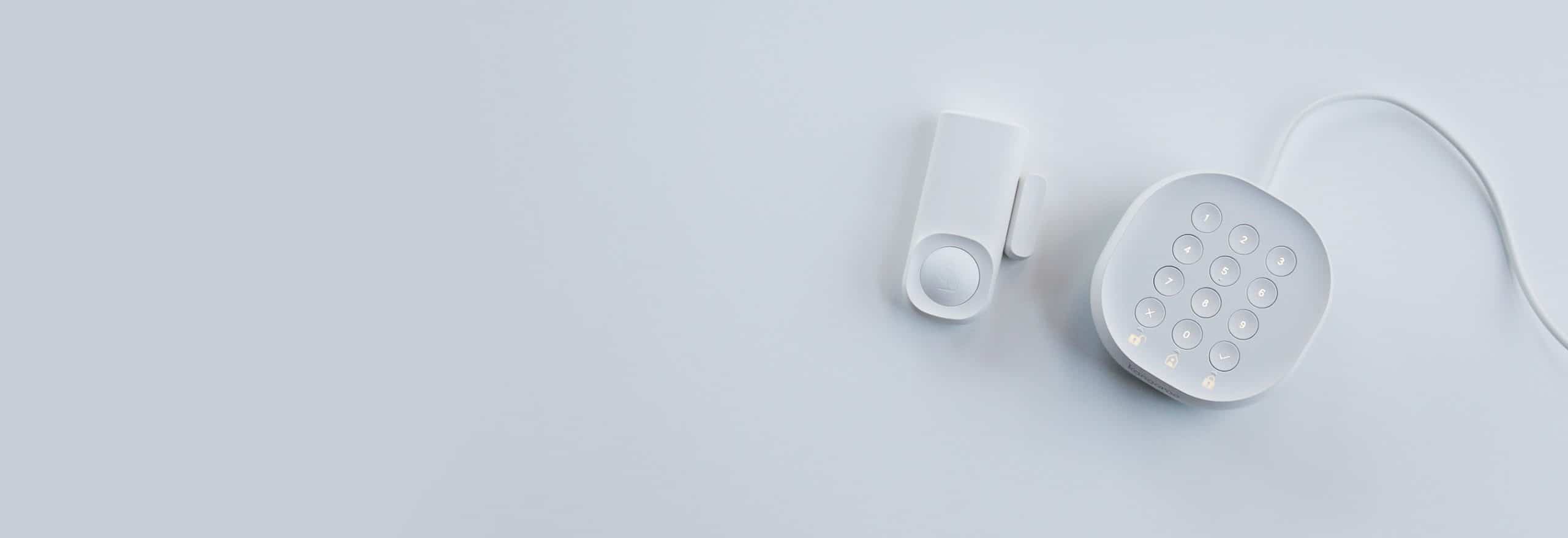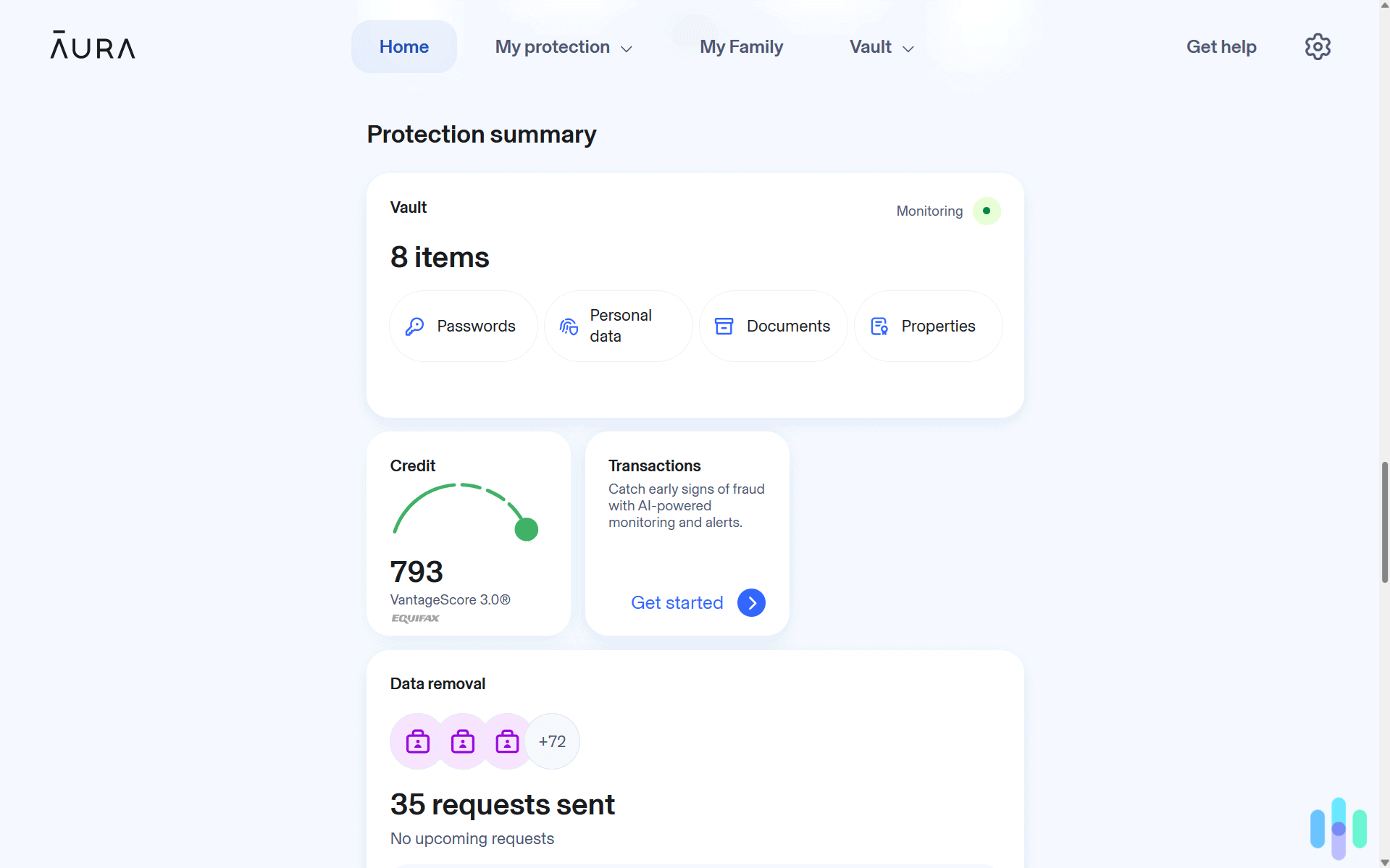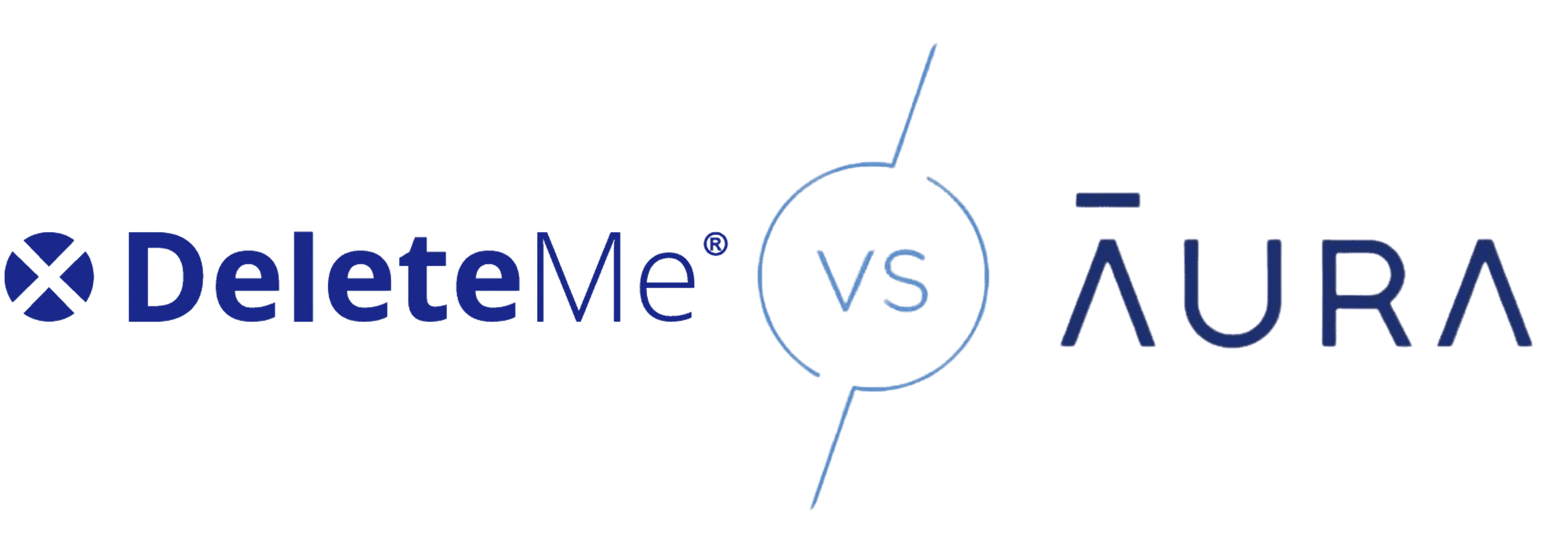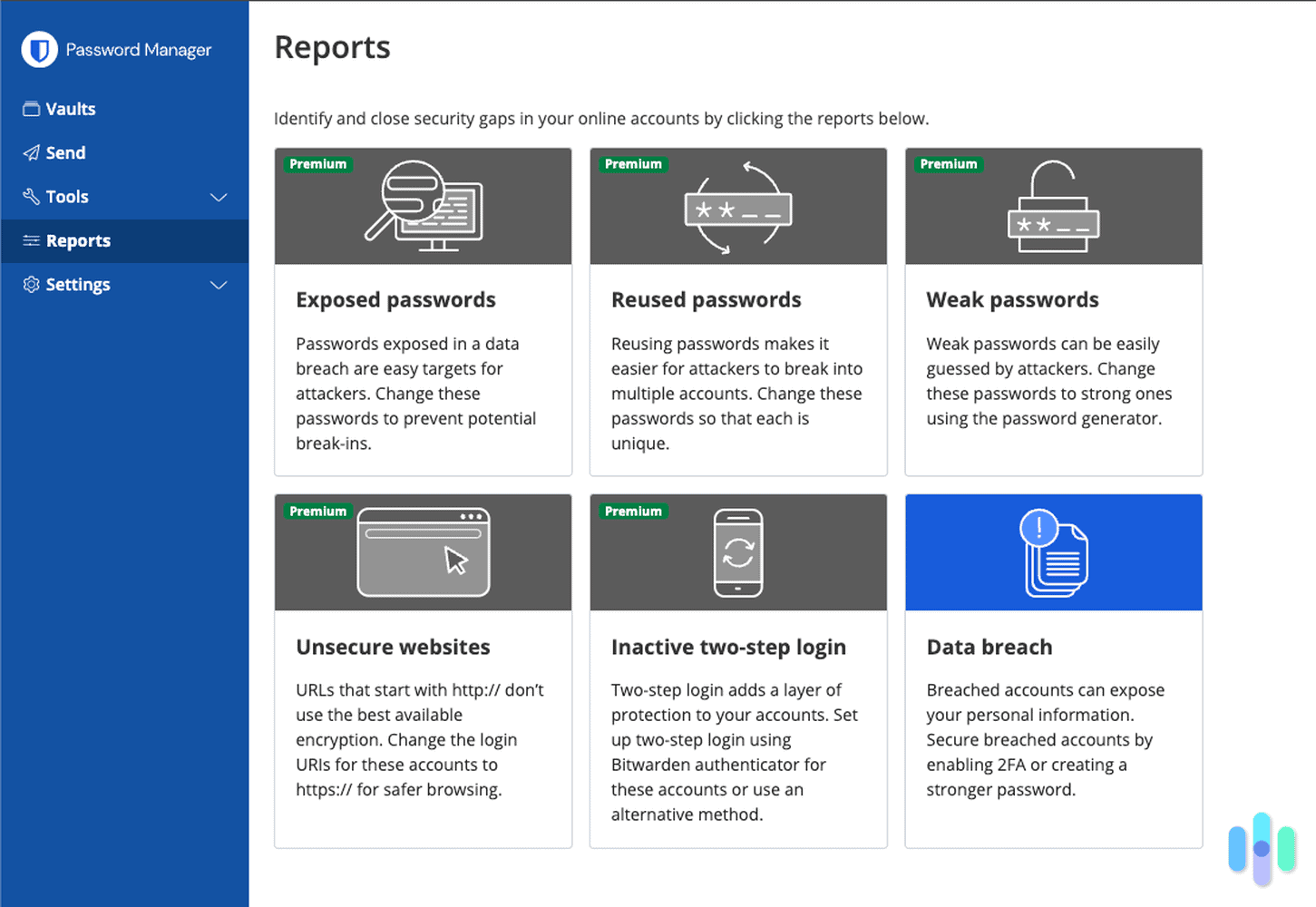Written By: Security.org Team | Published: December 15, 2024
Your home needs a security system, but just buying any security system won’t cut it. You need to find the right solution that actually works for your specific situation and delivers on its promises. And just as there are top-notch security systems, there are also bad apples you should absolutely stay away from. Below are three of the worst security systems we’ve personally encountered, and they’re not the only ones. But taking a look at their examples can help you identify what to avoid when you finally decide to buy a security system.
Three Alarm Systems You’re Better Off Avoiding
We feel so strongly about the problems with these three systems that we don’t even want to waste time on an introduction. You need to know about them now, before you make a decision you may regret later.
Night Owl
We’ll be honest: We like the name of this one. It sort of makes us feel like we’re in a Harry Potter movie, and who wouldn’t love to have their own Hagrid stationed right outside the front door? Unfortunately, this system doesn’t come with any Hagrids. It does, however, come with some headaches.
Our first red flag came when we discovered several of their marketing claims weren’t exactly accurate.
For instance, Night Owl claims to be a member of ONVIF, an organization dedicated to standardizing communication between different types of security systems. Not only that, ONVIF standardizes the security of those connections as well. It would be awesome if it were true that Night Owl is a member, but unfortunately, it is not. There are even GitHub and Reddit forums where tech-savvy users share workarounds to completely replace Night Owl’s firmware because the original software is so problematic.
Night Owl also boasts about their camera battery life. They claim six months minimum, often stretching to a full year. In our testing? We were lucky to squeeze out three to four months before needing a recharge.
While Night Owl has improved their transparency with pricing (they now list prices on their website), when we first tested their system, we had to endure aggressive sales calls just to get basic pricing information.
Another thing that bothered us was that their sales rep actively discouraged us from getting door sensors and motion detectors, claiming we didn’t need them. Any security expert will tell you that’s nonsense. The real reason? Night Owl doesn’t actually sell those essential components—they only offer cameras and recording devices. That’s like selling you a car without brakes and insisting you don’t really need them anyway.
If you’re looking for a great system that includes both highly-rated cameras and door and window sensors, you might want to check out our review of SimpliSafe. If you’re looking for just security cameras – with far superior hardware and software than Night Owl – check out our Lorex review.
Safe Home Security
What’s worse than misleading tech specs and pushy sales tactics? Business practices that cross the line into predatory territory. Safe Home Security’s equipment itself is passable. It’s nothing special, but it works. The real problems start when you look at the pricing and contracts. Equipment packages can easily hit $600 or more, and their cheapest monitoring starts at $39.99 monthly. For context, Ring’s monitoring plan costs just $20 per month for similar features.
But here’s where things get really problematic: Safe Home Security pushes hard for five-year contracts. Now, we’ve reviewed dozens of security companies, and while some offer five-year options (like Vivint), those are optional choices that come with benefits like lower monthly payments. Safe Home Security treats it like it’s the only option.
We discovered the real reason they’re so eager to lock you in: getting out is a nightmare. Customers report being charged for services after moving, dealing with unresponsive support when trying to transfer service, and facing cancellation fees up to $2,500.
Pro Tip: Legitimate companies offer flexible contract terms. For instance, ADT lets you choose contracts from 24 to 60 months, with longer terms offering benefits like waived upfront fees or lower monthly equipment payments. You can get a $500 system with no money down by spreading payments over 60 months at about $8.33 per month. The key difference? It’s your choice, not a requirement. Read more about ADT’s pricing here.
Platinum Protection
If we had to pick the absolute worst offender on this list, Platinum Protection takes the crown—and not in a good way. This is another one of those companies that insist they can only offer service if you sign a five-year contract. What makes them worse is the blatant dishonesty in their sales process. Our sales representative straight-up lied about contract flexibility, claiming we could easily exit if needed. When we called customer service to verify, they confirmed this was completely false.
Getting that clarification wasn’t easy either. Despite marketing themselves as having excellent customer support, reaching anyone who could actually help was like pulling teeth. Their customer service line closes at 9 p.m., and good luck getting answers to anything substantial even during business hours.
The company’s business practices are equally concerning. In recent years, Platinum Protection has faced multiple lawsuits, including a $2 million judgment for unpaid debts to Monitronics (now Brinks Home Security). They’ve also been accused of continuing to bill customers even after service termination and making it nearly impossible to cancel contracts without paying massive penalties.
Like the others on this list, Platinum Protection keeps their pricing hidden, requiring potential customers to sit through high-pressure sales calls just to get basic cost information. This lack of transparency should be your first warning sign.
You definitely don’t have to sign up for a long-term contract to get a great home security system. Don’t believe us? Check out our list of the best no-contract security systems.
Choosing the Right Alarm System
Don’t let these bad actors scare you away from home security altogether. Plenty of reputable companies offer excellent protection without the headaches. Here’s what to look for when shopping around:
- Equipment quality and variety: Look for companies offering modern tech like AI-powered cameras, smart home integration, and comprehensive sensor options. Most importantly, make sure they have everything you need—indoor cameras, outdoor cameras, door/window sensors, smart locks, whatever your situation requires. Don’t compromise on this.
- Monitoring: We always recommend full-service 24/7 monitoring. It’s by far the safest alternative, and it guarantees your home and family are protected even if you’re under anesthesia at the dentist. If you must go DIY to save a little money, though, you still want a company that at least offers monitoring. That way, you can get it when you need it, like when you go on vacation. In other words, you want to go with a company that offers a number of different options.
- Installation flexibility: Whether you prefer professional installation or DIY setup, make sure the company accommodates your preference. The best companies offer both options with clear instructions and support for DIY customers.
- Customer service availability: This isn’t negotiable—you need 24/7 support access through multiple channels (phone, chat, email). Test their responsiveness before you buy. If they’re slow to answer pre-sale questions, imagine how they’ll handle emergencies.
- App reliability: Your security app is your primary control center. It needs to be rock-solid, intuitive, and feature-rich. Look for apps with at least 4-star ratings on app stores and recent, regular updates.
- Transparent, flexible pricing: Quality systems typically run $200 to $600 for equipment, with monitoring between $20 to $50 monthly. But more important than the numbers is transparency. All costs should be clearly listed upfront, with no hidden fees or forced long-term commitments.
FYI: When comparing costs, factor in everything: equipment, monthly monitoring, installation fees, activation charges, and potential moving or cancellation fees. A seemingly cheap system can become expensive fast with hidden costs.
Recap
We didn’t share these horror stories to frighten you away from home security. It’s actually the opposite. We want you to go in with your eyes open so you can find a system that actually protects your home without emptying your wallet or trapping you in predatory contracts.
The good news? For every sketchy operator like the ones we’ve discussed, there are multiple legitimate companies offering excellent protection, fair pricing, and honest business practices. Companies like SimpliSafe, Ring Alarm, and ADT have earned their reputations through years of reliable service and customer satisfaction.
Home security is an investment in your family’s safety and your peace of mind. Take the time to research, read reviews, and ask the tough questions upfront. Any company that won’t give you straight answers about pricing, contracts, or features isn’t worth your trust—or your money.







